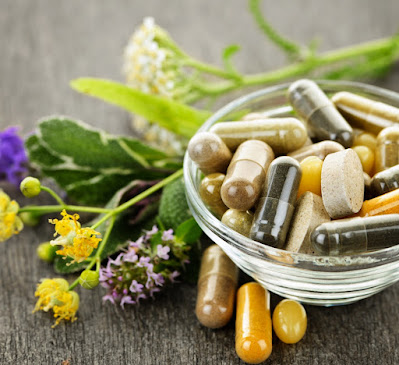Cholesterol Medicine in Pakistan

Cholesterol is a fat that can build up in your body and cause heart disease. Statins can reduce cholesterol levels by inhibiting the formation of cholesterol from dietary fat. In Pakistan, statins are widely used to treat cholesterol and diabetes but there have been reports of adverse effects in some patients, particularly muscle and tendon side effects. What is Cholesterol? Cholesterol is a waxy, fat-like substance your body needs to make cell membranes, hormones and vitamin D. It also helps to digest the fats you eat. Your liver makes cholesterol naturally. But it's also found in foods like egg yolks, meat and cheese. You can have too much of it in your blood, called hyperlipidemia, which increases your risk of developing health problems, such as heart disease and strokes. Your doctor can measure your cholesterol levels with a blood test. The two main types of cholesterol in your blood are high-density lipoprotein (HDL) and low-density lipoprotein (LDL). HDL removes exc...






